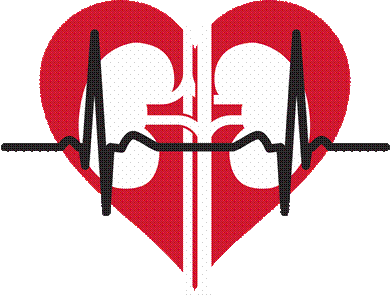New review paper from Cardiorenal Translational Laboratory: de novo albuminuria under chronic RAS su
- 25 may 2018
- 1 Min. de lectura

Cardiorenal Translational Laboratory, together with our collaborators at Hospital Nacional de Parapléjicos and Fundación Jiménez Díaz, published a new review article in Clinical Science about mechanisms underlying development of de novo albuminuria under chronic RAS suppression. It contains an exhaustive review about how mechanisms such as inflammation, oxidative stress, complement activation, vascular dysfunction and coagulation, as well as different metabolites, are associated to both albuminuria and de novo albuminuria in hypertensive patients under chronic RAS suppression.
You have the abstract of this interesting paper below, but we encourage you to read the full-text!
Abstract
The development of de novo albuminuria during chronic renin–angiotensin system (RAS) suppression is a clinical entity that remains poorly recognized in the biomedical literature. It represents a clear increment in global cardiovascular (CV) and renal risk that cannot be counteracted by RAS suppression. Although not specifically considered, it is clear that this entity is present in most published and ongoing trials dealing with the different forms of CV and renal disease. In this review, we focus on the mechanisms promoting albuminuria, and the predictors and new markers of de novo albuminuria, as well as the potential treatment options to counteract the excretion of albumin. The increase in risk that accompanies de novo albuminuria supports the search for early markers and predictors that will allow practising physicians to assess and prevent the development of de novo albuminuria in their patients.




























Comentarios